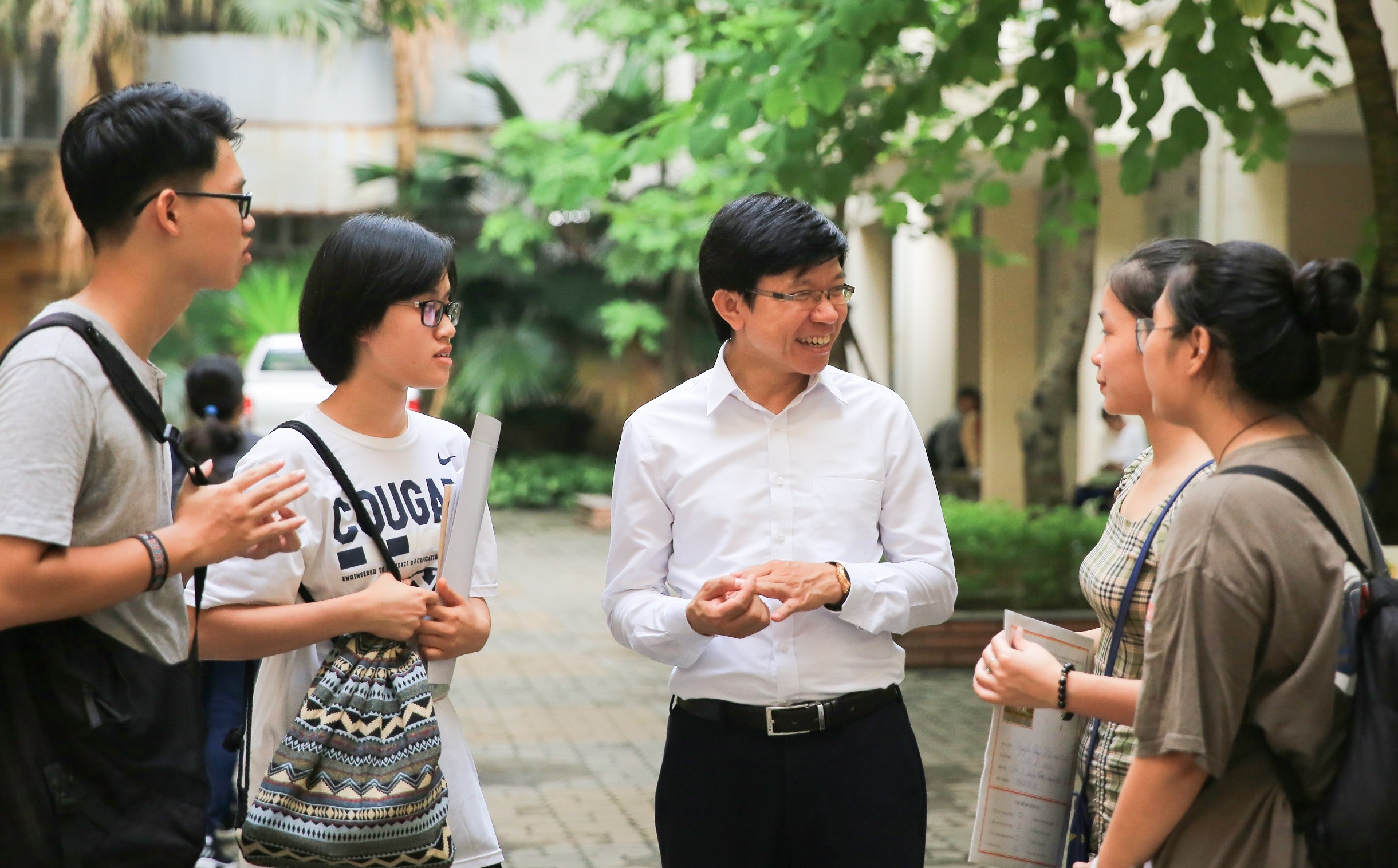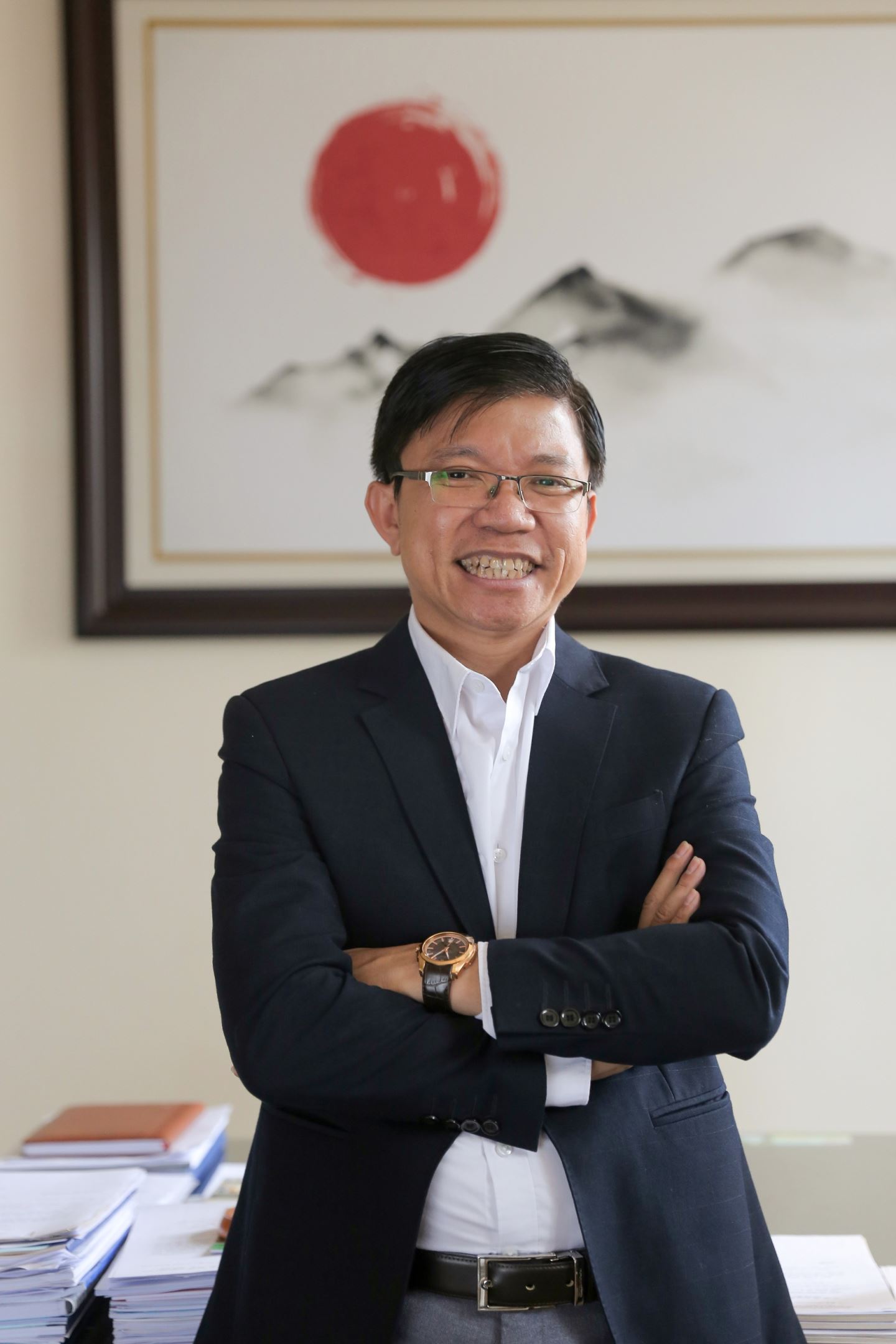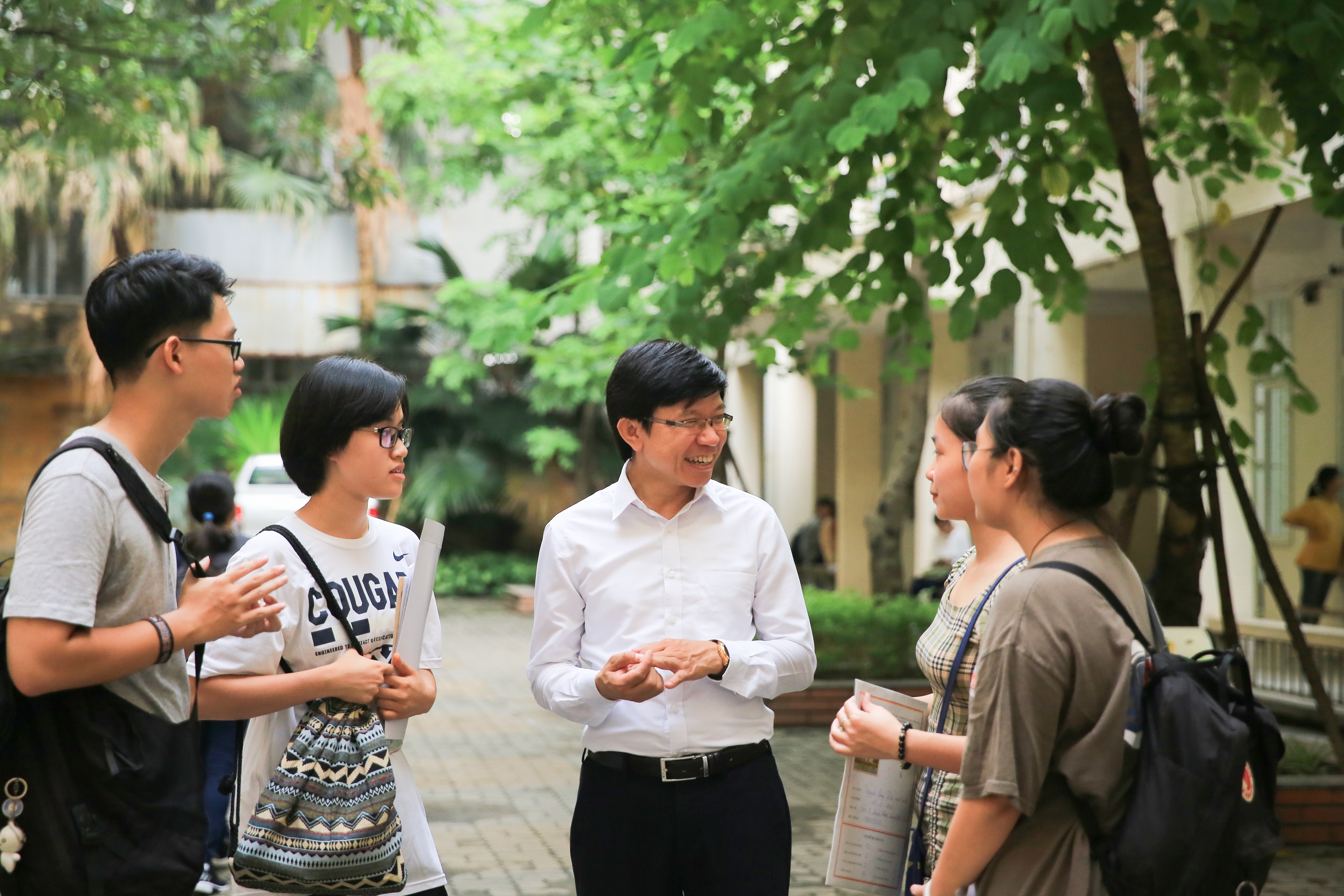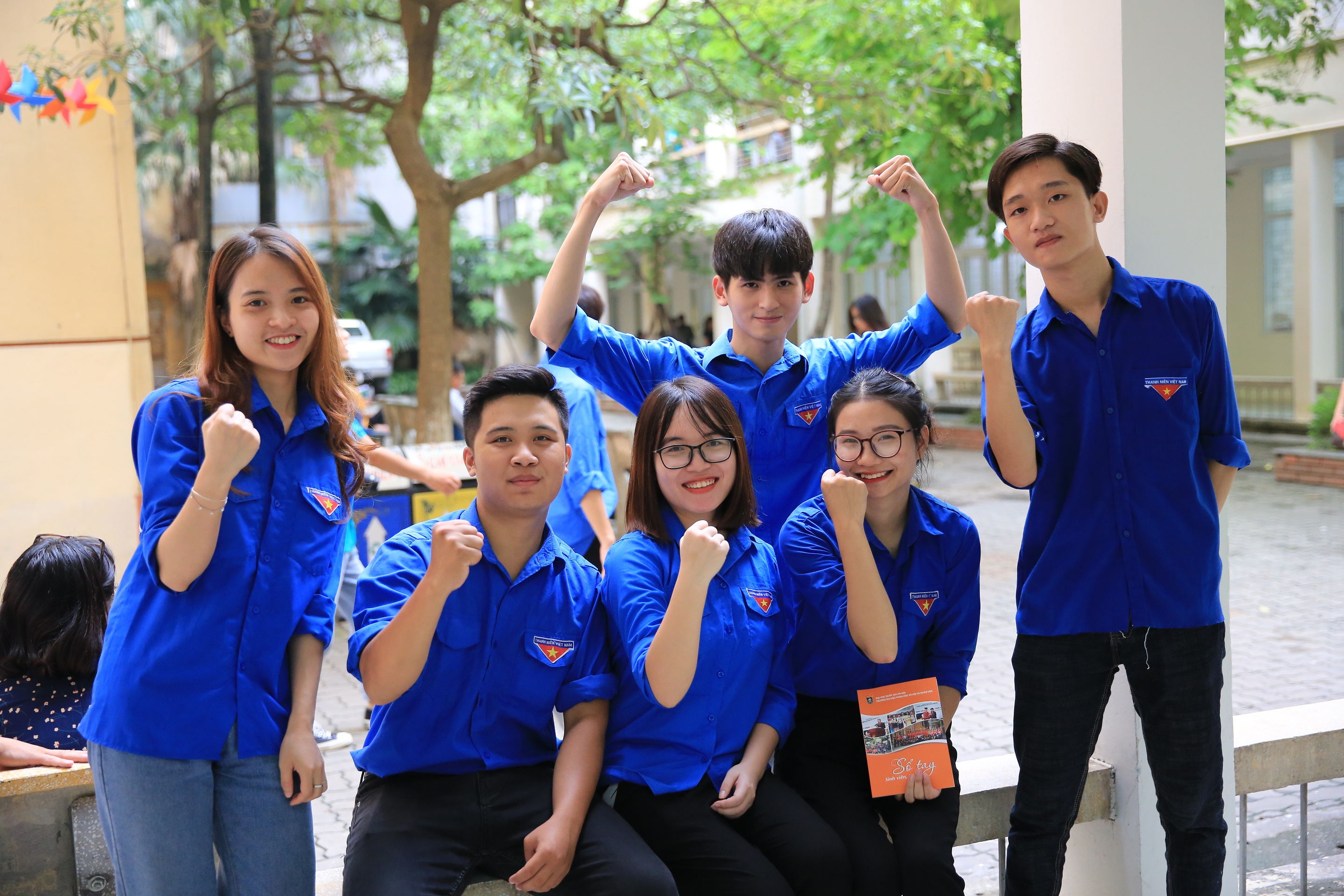

Assoc.Prof.Dr. Hoang Anh Tuan - Vice Rector of University of Social Sciences and Humanities, VNU
Good habits determine a lot of success.
- Dear Associate Professor, Dr. Hoang Anh Tuan, in the context of the 4th industrial revolution, what factors should be focused on in training future human resources?
- For a relatively long time, higher education in Vietnam has focused on imparting knowledge to students. Knowledge is of course still very important in higher education today, but knowledge is only one of the factors that contribute to the success of learners, especially in the context of the "industry - profession" relationship that was once organic but has now become loose and extremely relative in the current employment trend.
Besides knowledge, people have talked a lot about two other elements: attitude and skills, forming a relatively popular model (KASH) in educational perspectives in recent years.
Nowadays, education experts talk a lot about the fourth element, habits (Habits), forming a model (KASH). Good habits greatly determine a person's long-term success (from daily habits such as exercising to reading habits, lifelong learning...).
In some advanced educational systems in Northern Europe, people are focusing on the trend of educating successful habits (Habits of Success) for pupils and students because they believe that only successful habits can help people adapt to all changes in knowledge and career. Therefore, graduates with KASH in hand will not only ensure their survival in today's competitive and unpredictable labor market, but also have the basis for long-term success.

Constantly cultivate new knowledge
- Many opinions say that it is not technology that will make workers unemployed, but rather that their skills are no longer suitable. What is your opinion on this issue, Associate Professor?
- In any manufacturing industry, humans play a central role in the manufacturing process. Even in the future when artificial intelligence (AI) and robots increasingly replace more jobs, humans are still the main drivers of all processes.
Therefore, it is completely natural that workers must quickly adapt to the requirements of the new working environment. For example, the story of workers in 18th century Europe was forced to adapt to the industrial revolution and the mechanical working environment at that time instead of destroying machines and factories.
Therefore, the above opinion has a certain basis, although it may not cover all the human resource issues of today's era, when technology is increasingly sophisticated and much more connected than before. The system of skills (Skills) is of course very important.
However, as mentioned above, in addition to skills, workers also need to constantly cultivate new knowledge, maintain a positive attitude towards life and work, as well as form habits to adapt to all changing circumstances... this will certainly ensure success in the context of extremely fast-changing production in the era of the fourth industrial revolution.

Ensuring 4.0 workforce
- In Vietnam today, STEM education is being implemented in schools. Do you think this new educational method is enough to prepare the young generation to face future technological changes?
- STEM (Science; Technology; Engineering; Mathematics) are particularly important fields of study, which have been discussed a lot in the education system in recent years. In the world, the countries with the largest number of students studying STEM fields today (data up to 2016) are China (4.7 million), India (2.6 million), the United States (0.568 million), Russia (0.561 million), Iran (0.335 million)... This is to show the role of science and technology fields in education in the 21st century.
However, in recent years, the STEM model has been analyzed as lacking balance. People are talking about a more complete and perfect model, ensuring long-term harmonious development for the workforce, in which the four elements mentioned above need to be supplemented with a fifth element, Arts (arts - understood in a broad sense, including knowledge about society, humanity, ethics, etc.). Accordingly, the STEAM (or STEMA) model is tending to replace the previous STEM model.
For example, in recent months, the World Economic Forum (WEF) has been hosting many discussions related to the role of social sciences and humanities in the comprehensive development trend of education and careers in the future. In Vietnam today, many educational institutions from primary to secondary have begun to pay attention to the transition to the STEAM model... This shows that STEAM is and will continue to be a popular trend in world education in the near future.
Thank you, Professor!

According to Giaoducthoidai
Author:Le Dang
Newer news
Older news